ANALYSIS: The ups and downs of tax reforms under Buhari
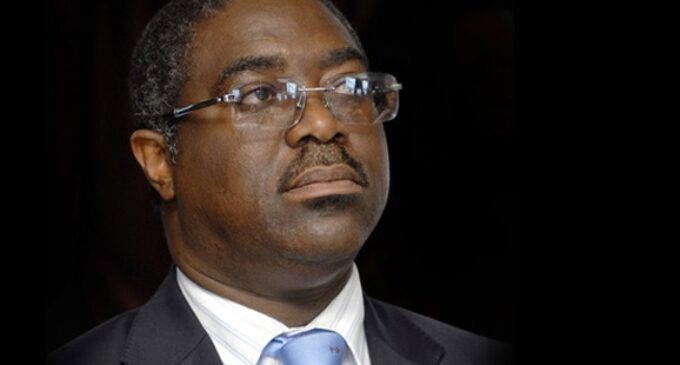
It is now almost three years since Isaac Ayoola concluded his National Youth Service Corps (NYSC) programme but with no job in the formal sector yet. His dream has always been to work in the bank and while he waited during those years, he did not waste time upon leaving school to enrol for a software development training to hone his skills. Now he designs software for a lot of clients, some abroad, and sometimes, makes as much as N500,000 in a month from a single client — enough to pay the minimum wage of at least 16 Nigerian civil servants.
But there is a problem; Ayoola has never paid a dime as tax. Not because he does not want to, but because he literally has no idea how to go about it or where to start from. Some clients even make payment and ask him to proceed with payment of personal income tax but where or how? He has no idea.
On the other hand, Kingsley Odo had just been employed by a marketing firm in Lagos and from the N45,000 he is being paid, there is about N4,000 deduction as tax even before he gets the money. Unlike Ayoola, he has all the arrangements for his tax remittance figured out and never have to worry about how to pay.
Now, for every Odo, there are probably five other Ayoola’s in Nigeria who do not know where to start looking to pay their tax, and this is where tax evasion gradually begins to manifest.
With the country’s economy having the major burden of diversification of revenue generation base over the years, there comes the urgent need for government to look to other means of revenue including the tax sector.
This is especially so for Nigeria considering that the over-dependence on crude oil earnings failed to accommodate the rising public expenditure not to talk of the reduction in demand for Nigeria’s crude as well as oil prices taking a deep dive. With just 10 million Nigerians paying tax in 2015 as against the labour workforce of 77 million in that year, according to the National Bureau of Statistics (NBS), tax evasion was — and remains — a source of serious concern.

Oil has been Nigeria’s major source of revenue for many years; at a current price of $65 per barrel, Nigerian crude oil exports is said to record 2.2 million barrels per day
There were also various loopholes in the country’s tax system; weaknesses such as excess dividend tax, multiple taxation and multiple revenue agencies as well as non-payment of tax refunds. In addition to having one of the lowest VAT rates in the world — at 5 percent, Nigeria also has one of the lowest tax to gross domestic product (GDP) ratios at about 6 percent, signally an inefficient tax system.
There was the urgent need for intense reforms in the tax system — but how well did the immediate past administration under President Muhammadu Buhari achieve that?
REFORMING THE TAX SYSTEM
The administration introduced a number of tax reforms to among other things diversify Nigeria’s income base as well as improve tax administration, with agencies like the ministry of finance and Federal Inland Revenue Service (FIRS) on the forefront of drive, top among them being the Voluntary Assets and Income Declaration Scheme (VAIDS).

Buhari’s first term saw Nigeria introducing various tax reform policies
VAIDS: Buhari’s low-hanging $1bn?
In June 2017, the federal government signed an executive order to commence the Voluntary Assets and Income Declaration Scheme (VAIDS). The tax amnesty programme, which started on July 1, 2017, offered a 12 -month window of opportunity for taxpayers — both individual and corporate home and abroad — to voluntarily disclose previously hidden assets and income for the purpose of payment of all outstanding tax arrears between 2010 and 2015, with incentives such as not paying the interest and penalties as well as immunity from prosecution.
With a target of raising at least $1 billion from undeclared liabilities, VAIDS was geared towards raising the percentage of non-oil tax revenue from the six percent it was at the time to the 15 percent by 2020 while broadening the federal and state tax brackets. The initiative had sent Nigerians with assets abroad panicking with the government even employing the help of anti-graft agencies at some point. A similar initiative in Argentina saw $116.8 billion in assets declared; another in India resulted in the addition of over 350,000 individuals to the tax net yielding approximately US$1.2 billion.
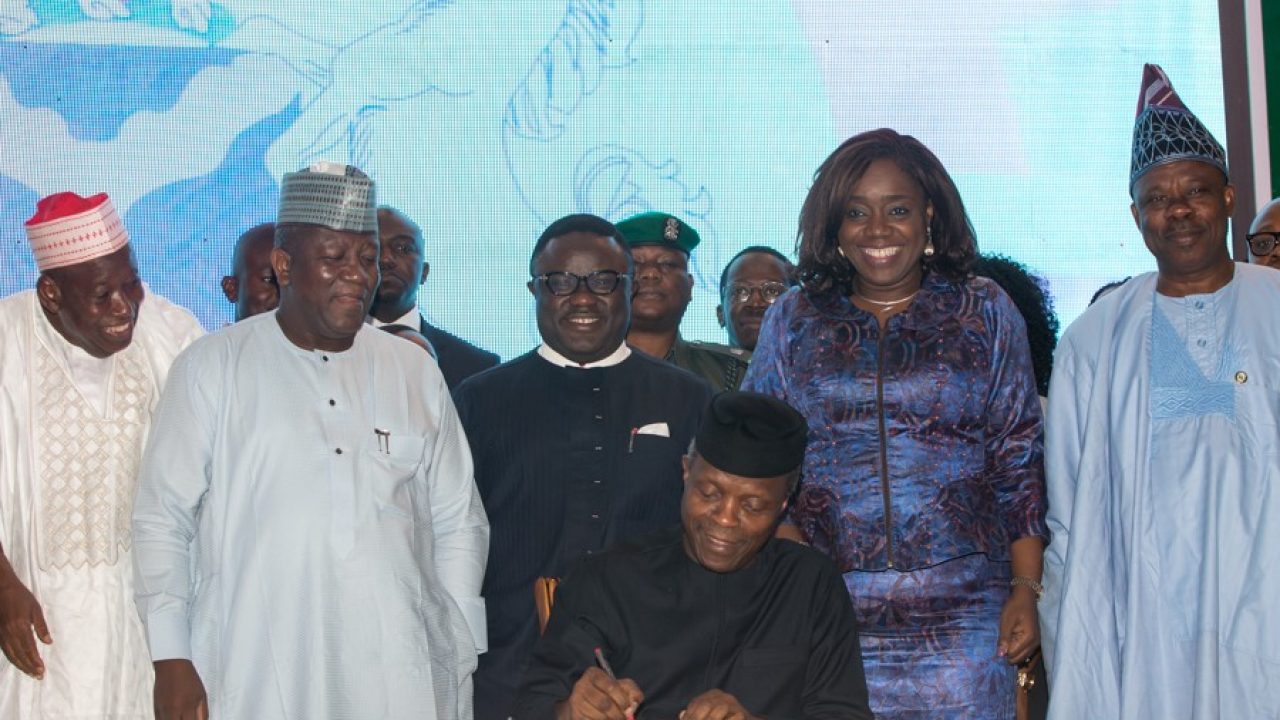
The moment VAIDS was introduced: FG targeted raising at least $1 billion from undeclared liabilities through the scheme
Although the government was only able to realise N30bn out of the N350bn targeted through the scheme, it was widely commended as not only boosting government revenue but also increasing the nation’s general tax awareness and compliance. It was, however, not without criticisms.
Experts argued the most important goal should be for the government to “instill the virtue of voluntary willingness to pay tax” whether there is amnesty or not, especially when the system “has not been built to check and prevent people from short-changing the government.” It was also perceived as an initiative to raise “badly needed revenue and not the solution in tax administration.”
Voluntary Offshore Assets Regularisation Scheme:
Following the expiration of VAIDS, the federal government in October, 2018, introduced the Voluntary Offshore Assets Regularization Scheme (VOARS) which mandated Nigerian taxpayers to declare and pay tax on their offshore assets. The scheme provided a platform for taxpayers, who have defaulted in the payment of taxes, to voluntarily declare their offshore assets in exchange for a one-time levy of 35% on all offshore assets. Like VAIDS, it also granted them immunity from prosecution. But there were concerns as was with VAIDS.
The legality of the scheme was questioned as there is reportedly no Nigerian law that imposes a tax on offshore assets especially when income from such assets is repatriated into the country through approved channels. Also, considering that capital gains tax is charged at 10% of gains from the disposal of assets and the effective income tax rate for individuals is about 19%, and that of companies, 30%, there were concerns a rate of 35% was too high an incentive for taxpayers. There was also the issue of the availability of certain information required by the scheme such as bank balances.
Freezing taxpayers’ bank accounts:
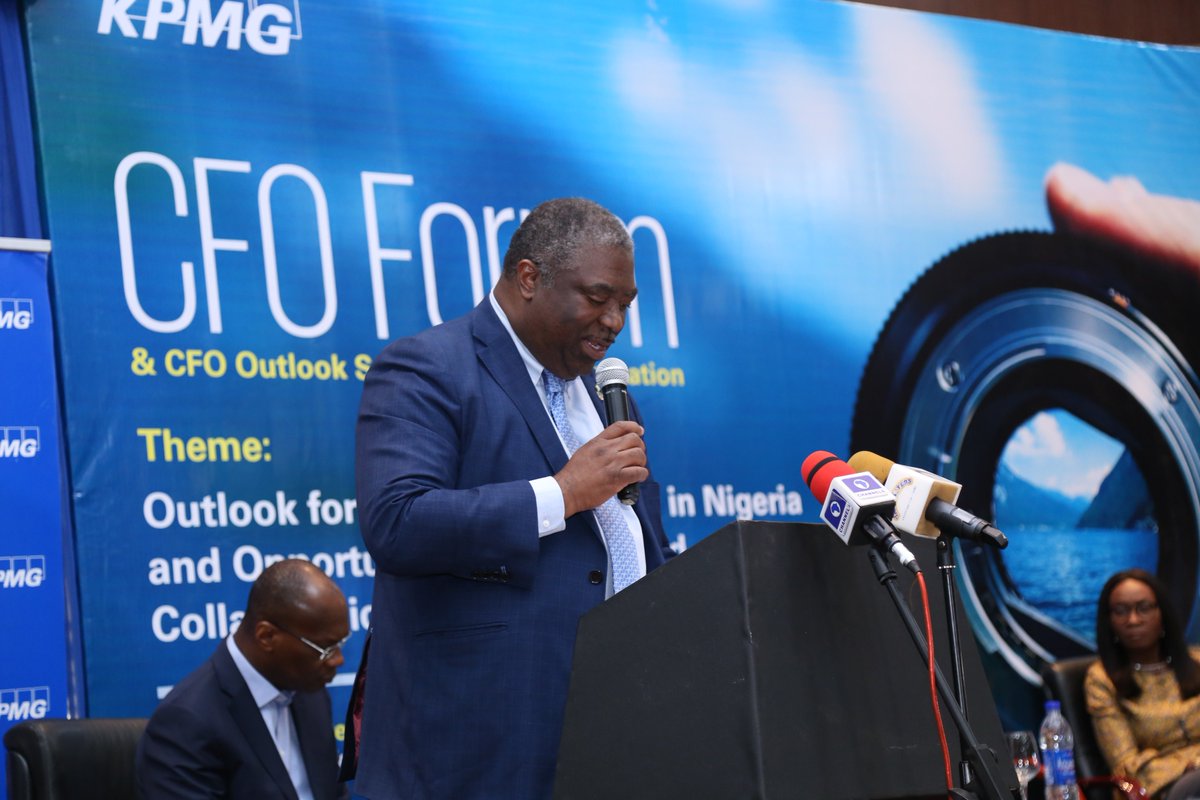
The Fowler-KPMG lien argument
In August 2018, the FIRS took an unusual step when it directed banks to freeze the accounts of over 6,000 taxpayers considered to be in default of tax payments.
Tunde Fowler, FIRS chairman, had said: “What we have done is what we call ‘substitution’ which also is in our laws which empowers us to appoint the banks as collection agents for tax. So, all these ones of TIN and no pay and no TIN and no pay, to the total of 6772 will have their accounts frozen or put under substitution pending when they come forward. First, they refused to come forward in 2016, they refused to come forward under VAT and are still operating here.”
Within months of its introduction, the FIRS generated over N23 billion from suspended corporate bank accounts of tax defaulters, particularly on 3,000 companies who had deducted Value Added Tax (VAT) and Withholding Tax (WHT) on behalf of the federal government but had not remitted them in due course.
Loopholes were, however, identified in the initiative which was later suspended. For instance, PwC Nigeria, a leading professional services firm, pointed out that the initiative did not provide what must be presented as proof that tax is payable, thereby giving FIRS the room to arbitrary allege that tax is payable and the agent may feel compelled to withhold a taxpayer’s money even when the tax is under dispute.
Similarly, KPMG, one of the leading auditors in the world, had described the move as “draconian” and that it breaches the confidentiality between the banks and their clients. The firm had said: “Nothing in the CITA or FIRSEA authorises the FIRS to impose a freeze order on a taxpayer’s bank account beyond the amount of tax proven to be due and payable by that taxpayer”.
Legislation and other executive orders:
There were also various legislation approved during Buhari’s first term such as the Avoidance of Double Taxation Agreement between the Federal Republic of Nigeria and the Kingdom of Spain (Domestication and Enforcement) Act, 2018, approved in January, 2018. The agreement with Spain was meant to among other things guide against the occurrence of a double taxation scenario by either a taxpayer’s home country or country of source of income; modify the domestic tax laws of both countries by reducing the domestic tax rate as well as grant concessions to beneficiaries.
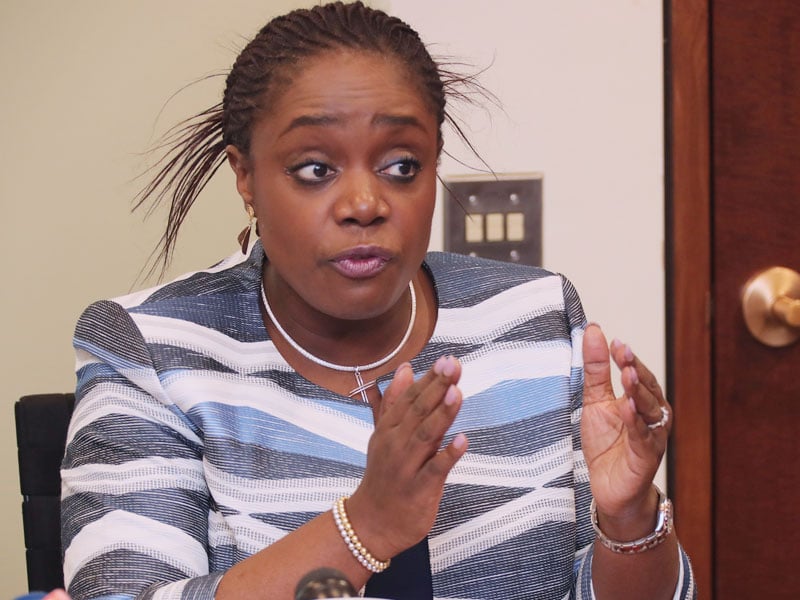
As finance minister, Adeosun oversaw the operation of some of the tax policy reforms during Buhari’s first term
There was also the “Companies Income Tax (Road Infrastructure Development and Refurbishment Investment Tax Credit Scheme) Order, 2019” signed by Buhari in January this year, which enabled private companies to fund the construction of major road projects in the country while they get tax credit and reductions in return. Apart from enabling the government to “leverage private sector funding in a manner that creates value for money through private sector discipline”, the executive order which would be in force for ten years would enable participants utilise the road infrastructure tax credit certificate as the corporate income tax (CIT) in and from the relevant fiscal year, in which the project cost is incurred, until it is fully utilised.
That is not all. In June, 2018, the federal government approved two executive orders and five amendment bills to remove value-added tax on residential properties and amend the company income tax law.
The orders included Value Added Tax Act (Modification) Order and Review of Goods Liable to Excise Duties and Applicable Rate Order while the five Amendment Bills were the Companies Income Tax Act (Amendment) Bill; Value Added Tax Act (Amendment) Bill; Customs, Excise, Tariff ETC (Consolidation) Act (Amendment) Bill; Personal Income Tax Act (Amendment) Bill and Industrial Development (Income Tax Relief) Act (Amendment) Bill.
Kemi Adeosun, former minister of finance, said the essence of this is to reduce the tax burden on Nigeria and boost ease of doing business. She added that apart from simplifying the process of paying taxes, the policies were also geared towards removing “obsolete, ambiguous and contradictory provisions” in the laws while also increasing government revenue.
Introduction of luxury taxes:
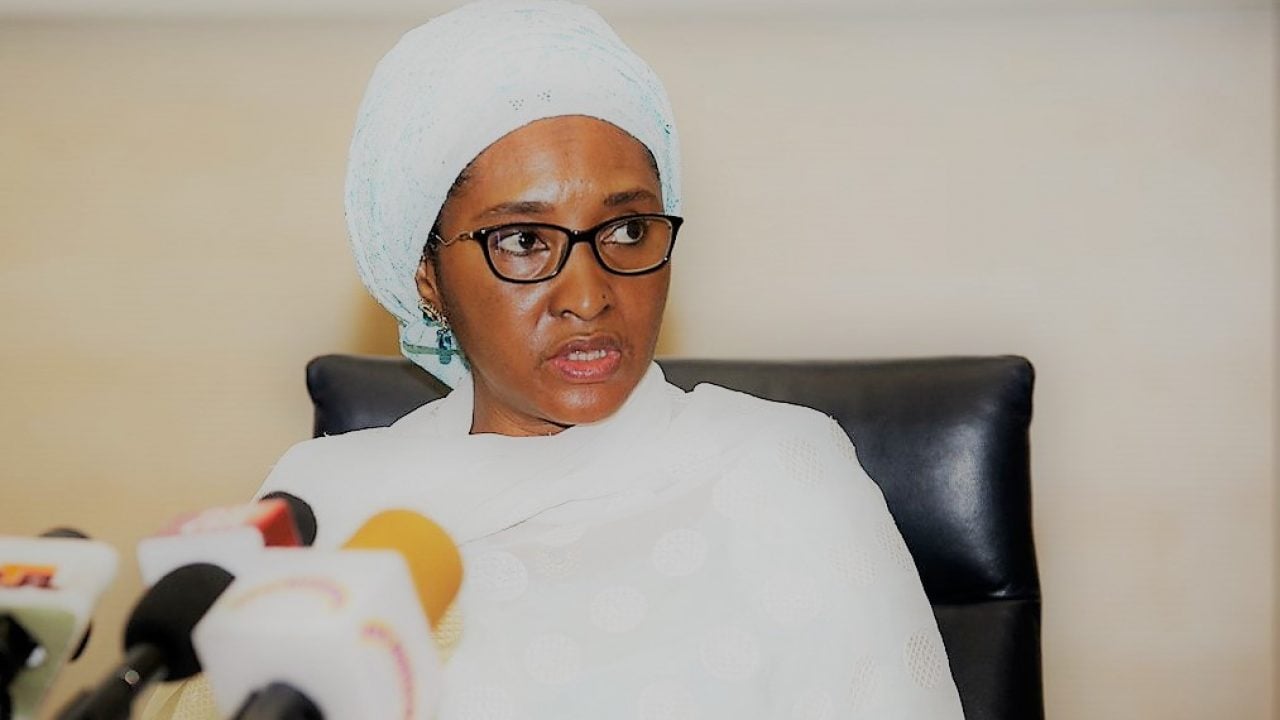
Ahmed said luxury tax would increase Nigeria’s tax revenue
One of the various moves geared towards boosting tax revenue was also the the planned introduction of taxes on some luxury items such as private jets and yachts starting from 2019. A similar initiative was introduced in 2017 when the federal executive council approved the revised national tax policy, announcing increased value-added tax for luxury items as champagne — although subject to the approval of the national assembly.
Some experts agree the measure is justified especially with Nigeria having one of the lowest VAT rates in the world at 5 percent — far below what is obtainable in other African countries like Ghana, Namibia and Zimbabwe where the rate is 15 percent or Morocco where it is as high as 20 percent. There have been valid concerns about rich Nigerians evading tax; Adeosun once lamented in 2017 that only 214 Nigerians pay taxes that are above 20 million.
In addition to the aforementioned, there were also various other policy reforms such as those electronically driven to ensure easy remittances of taxes involving the taxpayer’s registration, filing, payment, receipt and getting tax clearance certificate; there were also more collaboration with relevant government agencies particularly in the area of information exchange for third party databases domiciled in agencies such as the Corporate Affairs Commission, the Nigeria Customs Service as well as the Nigerian Immigration Service.
THE SUCCESS STORIES
While introducing tax reforms is a necessary measure to improve on existing situation and ahead of emerging challenges, the real question, however, is whether these reforms have achieved the set objectives — and it appears so in Nigeria.
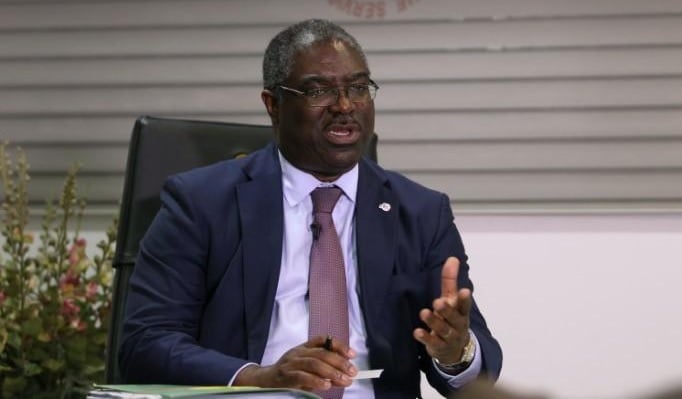
Fowler; the man on the forefront of Nigeria’s tax reforms
In the area of revenue, records obtained from the FIRS showed that the country’s tax revenue has continued to increase, only witnessing a decline in 2016; from the N3.74 trillion recorded as revenue in 2015 to the N3.3 trillion in 2016 and N4 trillion in 2017. 2018 saw Nigeria earning a record-breaking tax revenue of N5.3 trillion, a 30 percent increase from 2015 when the immediate past administration commenced.
There has also been a sharp increase in the number of taxpayers registered over the four years. Data from the Joint Tax Board shows that from the 10 million registered taxpayers in 2015, at least 30 million more Nigerians have been captured in the tax net, with the figure about to hit 45 million in 2019.
MOVING FORWARD: CHICKEN AND EGG SITUATION
It is obvious that Nigeria still has a long way to go in achieving an efficient and transparent tax system but how can this be achieved. First, Nigeria needs more ambitious tax measures as once advised by the International Monetary Fund (IMF). The global lender had said the country needs to reform the value-added tax, increase excise (indirect tax paid on goods), and rationalise tax incentives.
On another occasion, it called for a review of the country’s tax policies by widening the tax base and increasing VAT compliance. Amine Mati, senior resident representative of the IMF in Nigeria, had said the measures would help bring about a “significant increase in Nigeria’s revenue base.”
He had said: “In terms of non-oil revenue, at four to five per cent of GDP, this is very low. There used to be an excise on fuel products in 2009, which used to bring quite a lot and that had been discontinued since 2009. In terms of proper tax collection, excise in Nigeria is only 2.3 per cent. This tells you how much potential there is in trying to get revenue up. Some of the recommendations here is to have specific excise — such as excise in fuel products, excise on luxury goods, including on airtime fees.”
There is also the need to increase transparency through judicious spending of revenue collected by the government including tax, as advocated by Kingsley Moghalu, former deputy governor of the Central Bank of Nigeria (CBN). While it is a civic responsibility for citizens to pay tax, taxation should be more of a tool for the government to affect economic outcomes and redistribute wealth — this is where many Nigerians seem to have a problem with.
Ask five Nigerians why they are not paying their tax and there is the likelihood that three of them would ask you what the government is using the ones already paid to do. It then suffices to say that citizens will be more encouraged to pay tax when they see the government making judicious use of the revenue collected. These are eligible taxpayers who do not not fall in Ayoola or Odo’s category — they know how to pay taxes, but still refuse to pay.
So which comes first? The Chicken or the egg; paying taxes so the government can improve national infrastructure or the government improving national infrastructure so citizens can pay taxes?






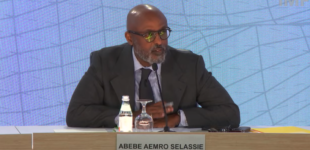

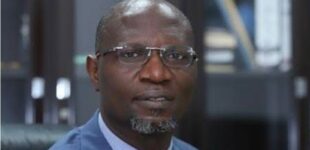
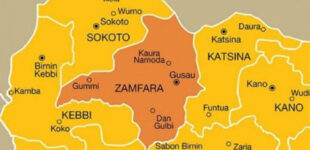




Before government can make significant improvement in tax collection and compliance, it has to develop a transparent tax refund policy among others. If businesses pay tax when profits are realized, government instruments must also recognize and come to their aid when losses are incurred. The federal, states and local administrations in Nigeria are ages away from success in this direction. For now, the hide and seek game will continue for the most part until the overdue reform is initiated.